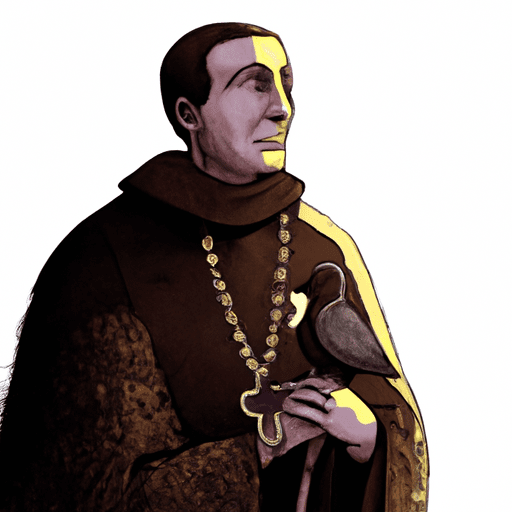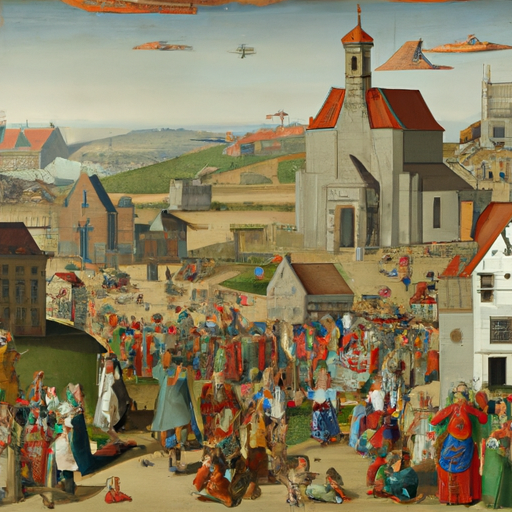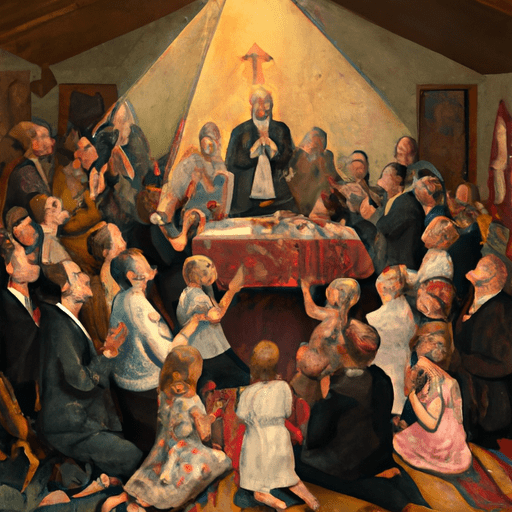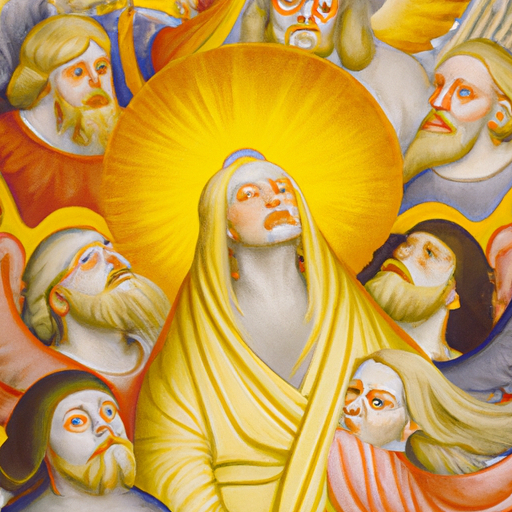Explore the intricate and diverse characteristics of religion with our curated collection of books and other resources. From the beliefs and rituals that define a particular faith to the role of spirituality in shaping worldview, these resources delve deep into the essence of religious practices. Through these thought-provoking resources, you can gain a deeper understanding of how religion influences culture, society, and personal identity.
Characteristics of Religion
Religion is a complex and multifaceted phenomenon that has been studied for centuries. There are common characteristics that are present across religions.
The first characteristic of religion is belief. This can take various forms, such as a personal deity, multiple gods and goddesses, or a transcendent force. The belief in a higher power is a fundamental aspect of most religions. It serves as the basis for religious practices and rituals.
Most religions have sacred texts and teachings that serve as a guide for believers. These texts are considered to be divinely inspired and contain the core beliefs, values, and practices of a particular religion. For example, the Bible is the sacred text for Christianity, while the Quran is the holy book of Islam. These texts are seen as a source of wisdom and guidance for believers and play a significant role in shaping religious beliefs and practices.
Rituals and ceremonies are another essential characteristic of religion. These are specific actions or behaviors that have symbolic meaning and are performed as a way to connect with the divine. These can include prayers, sacrifices, meditations, and other religious practices. Rituals and ceremonies are often seen as a way to express devotion and strengthen the relationship between the believer and the divine.
Religion is not just an individual experience, but it also involves a sense of community and social structure. Religious communities provide a sense of belonging and support for their members. They also play a role in maintaining and passing down religious traditions, beliefs, and practices. Religious organizations and institutions also play a significant role in shaping the social structure of a society.
Most religions have a set of moral and ethical principles that guide the behavior of their followers. These principles are based on the teachings of the sacred texts and are seen as a way to live a righteous and virtuous life. They also provide guidance in making moral decisions and treating others with compassion and respect.
Religion provides a sense of meaning and purpose to many people's lives. It answers life's big questions, such as the meaning of existence, the afterlife, and the purpose of suffering. For many believers, religion gives them a sense of direction and helps them make sense of the world around them.
Finally, religion is characterized by a balance between continuity and change. On one hand, religious traditions and beliefs are often deeply rooted in history and have been passed down for generations. On the other hand, religions also evolve and adapt to changing times and contexts. This allows them to remain relevant and meaningful for their followers.
The characteristics of religion provide a framework for understanding the complexity and diversity of religious traditions. These characteristics highlight the role of beliefs, practices, community, and morality in shaping religious experience. By understanding these characteristics, we can gain a deeper appreciation for religion's role in the lives of individuals and societies.






